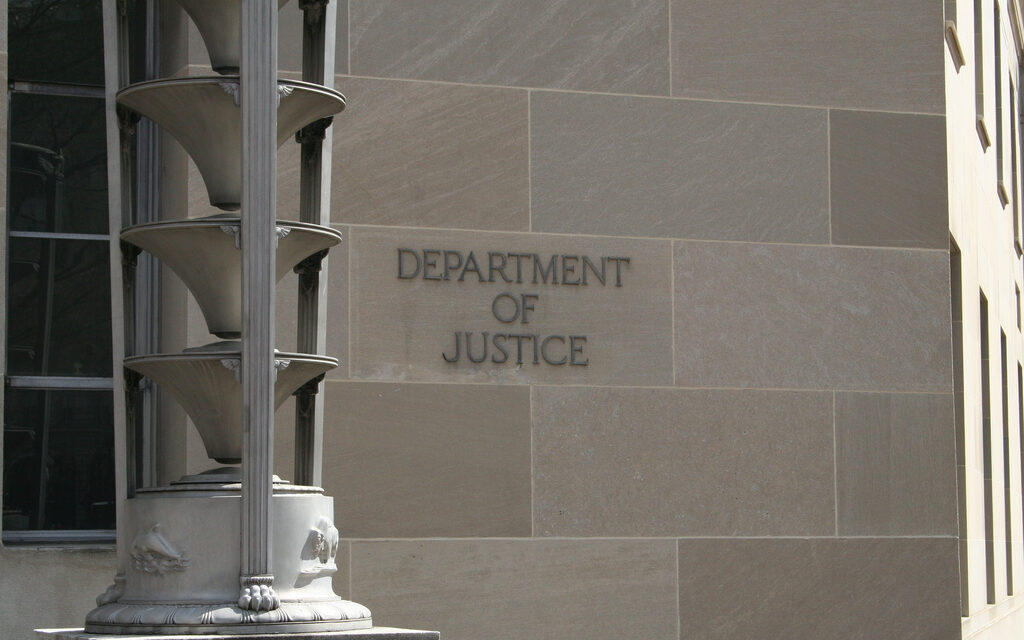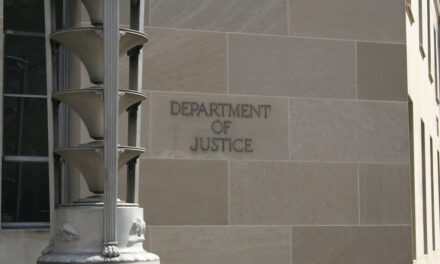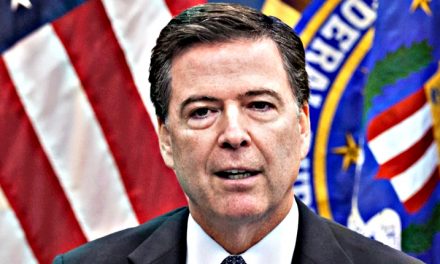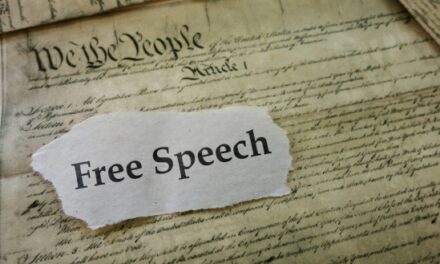I love this piece in the Atlantic by Garrett Epps. I particularly love the way he concludes it:
And then came Justice Antonin Scalia’s death. In its aftermath, the Senate Republican leadership dropped once and for all any pretense that law is anything but the crassest of partisan politics. Senate Judiciary Chair Charles Grassley told the world that no justice would be confirmed who did not toe the line—a line that the chief justice, a confirmed Reaganite, was now too “moderate” to be trusted with. The Court, Grassley and Majority Leader Mitch McConnell told the Republican base, was and would remain the GOP firewall; its job is to strike down Democratic programs and rubber-stamp Republican ones—nothing more and nothing less. Justices are in effect elected at the polls; Donald Trump could possibly select the next name.
How did this cynicism sound to Kennedy, who considers the majesty of the Court the defining virtue of the American system? O’Connor was once a loyal GOP foot soldier, who did her duty in Bush v. Gore. By the time she left the Court, according to Jeffery Toobin’s book, The Oath, she told a colleague, “It’s my party that’s destroying the country.”
Has that same realization begun to insinuate itself into Kennedy’s opaque mind? Has he had an O’Connor moment? This is just speculation on my part. But Kennedy really has shifted. In Obergefell v. Hodges, the same-sex marriage case, the states opposing marriage equality discovered that it is unwise to question Kennedy’s central dogma of “dignity” as the aim of constitutional law. Perhaps McConnell, Grassley, et al., should now resolve never again to treat the Sphinx of Sacramento as if he were Reince Priebus’s errand boy.
What’s probably most interesting about Epps’s article is his speculation about the influence Sonia Sotomayor may be having on Justice Kennedy. It’s a subject that was also recently tackled by Ian Millhiser. It appears that Kennedy was about to gut affirmative action in college admissions back in 2012 but was dissuaded when he read Sotomayor’s blistering draft dissent. He decided to punt by sending the case back down to the lower court and asking them to be more hard-ass in their assessment of universities’ diversity admission programs. And then something odd happened.
The lower court looked again—and upheld the affirmative-action program again.
When the case came back, there was little reason to expect anything but a brisk reversal. Yet during the intervening terms, Kennedy may have begun to move on race questions…
…The opinion Kennedy wrote was really not a narrow one. It strongly endorses the Lewis Powell-Sandra Day O’Connor view of affirmative action as a quest for racial diversity, and it goes out of its way to say that courts must defer to educational authorities when assessing race-conscious admissions plans.
As Epps explains in detail, this is a fundamental reversal of Kennedy’s thinking, and it amounts to apostasy in conservative circles.
I don’t know if Sotomayor deserves most of the credit or if it’s more a matter of Kennedy just getting disgusted by the extremism of the Conservative Movement, or some combination. But taken together with his support of gay marriage and his joining the majority in the Whole Woman’s Health v. Hellerstedt abortion case, Kennedy has recently presided over a scorched earth decimation of the core of the Conservative Movement’s judicial order of battle.
Epps says he can’t discern any consistent, ideological guidepost to Kennedy’s thinking, but maybe he found one despite himself. Maybe Kennedy is still a very conservative Justice, but one who is no longer a part of the Movement or even particularly sympathetic to its causes.






